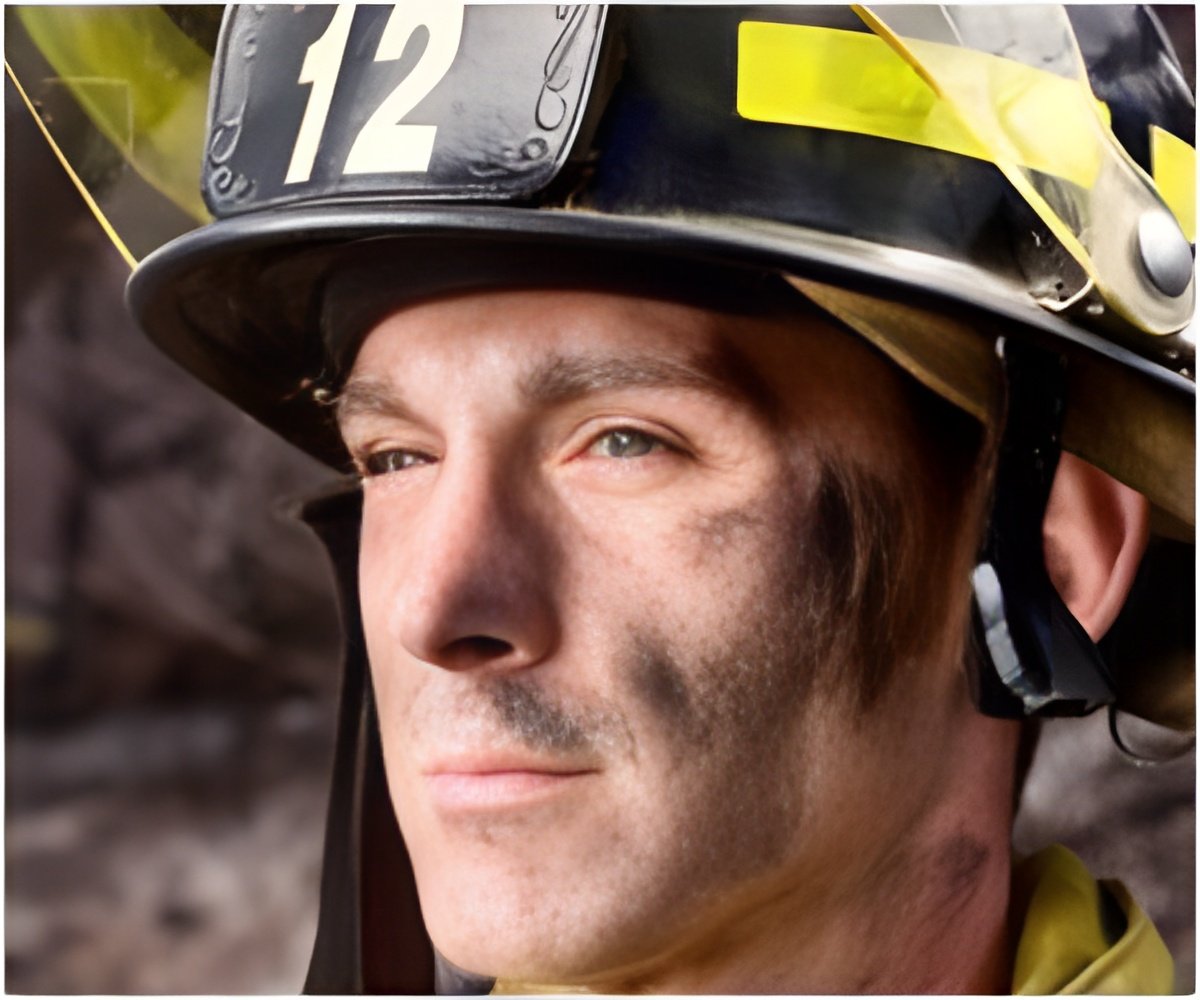Caring for the special needs of military veterans and their families require better equipped community-based mental health providers, reveals a new study.

"Our findings suggest that community-based mental health providers are not as well prepared as they need to be to address the needs of veterans and their families," said Terri Tanielian, the study's lead author and a senior social research analyst at RAND, a nonprofit research organization. "There is a need for increased training among community-based providers in high quality treatment techniques for PTSD and other disorders that are more common among veterans."
Although the Department of Defense and Veterans Health Administration in recent years have increased employment of mental health professionals, many veterans may seek services from practitioners in the civilian sector, often because they are located closer to their homes. In addition, policymakers have expanded veterans' access to community-based health providers as a way to meet demands, given capacity constraints in the VA health system.
"Our veterans have served and sacrificed for our nation and deserve the very best care," said Kate Rubin, president of United Health Foundation. "We hope this study will focus attention on the opportunity that exists to better prepare our mental health workforce to meet the unique needs of veterans and their families."
Recent military veterans are more likely than the general population to suffer from major depressive disorder and posttraumatic stress disorders, two conditions prevalent among those who have deployed to battle zones.
RAND researchers surveyed a convenience sample of 522 psychiatrists, psychologists, licensed clinical social workers and licensed counselors to determine whether they used evidence-based methods to treat major depressive disorder and PTSD, and whether they had the training needed to be sensitive to the needs of veterans.
Advertisement
Only one-third of psychotherapists reported receiving the training and supervision necessary to deliver at least one evidence-based psychotherapy for PTSD and at least one for depression.
Advertisement
"Veterans and their family members face unique challenges, and addressing their needs requires understanding military culture as well as their mental health challenges," said retired Navy Vice Adm. Norb Ryan, president of the Military Officers Association of America. "It's crucial that our civilian mental health providers acquire the training and perspective they need to guide their practice in the care of our military and veteran population."
The study recommends that organizations that maintain registries or provider networks include information about mental health practitioners' ability to properly treat the special needs of military and veteran populations.
In addition, researchers encourage policymakers to expand access to effective training in evidence-based treatment approaches and to create incentives to encourage providers to use these strategies in their routine practice.
Source-Eurekalert















